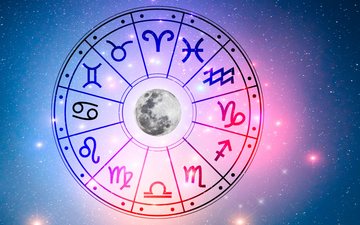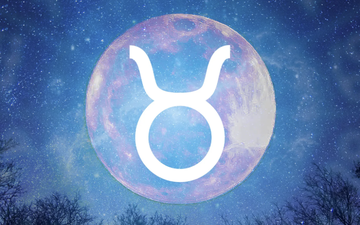
If you've dieted in the past or have a history of an eating disorder, you may have a difficult relationship with hunger. Is it healthy to eat even when you are not hungry?
Many people, nutritionists say, are turning to what's otherwise known as "intuitive eating" (the idea that you can eat when you're hungry and stop when you're full).
This method is amazing in how it can affect your physical and mental health. Intuitive eating is not only about eating when your body gives you signals to eat, but also when you are not hungry.
What comes to mind when you think of hunger? For many people, hunger is that gnawing feeling in your stomach, feeling low on energy and irritable. But nutritionists say that there are several types of hunger and here is the explanation according to them:
-Practical hunger
If you have a formal 9 to 5 job, you may have a scheduled lunch break. If you weren't hungry at that time, would you skip the meal? This hunger is planned in advance and according to nutritionist Evelyn Tribole, the idea that you don't have another schedule to consume food makes you more practical in choosing and deciding to eat on this off schedule.
-Hunger of taste
When you're at a birthday party, if the cake looks good and everyone is eating it, it's perfectly normal for you to eat it too even though you might not be hungry. Intuitive eating is about being flexible and breaking free from the strict rules typical of diets. Not only diets, but after a delicious dinner, even though you are full you probably crave something sweet, so you can eat a piece of chocolate.
-Emotional hunger
Boredom, loneliness, anger and stress can trigger emotional eating. Food can be a way to comfort yourself. Emotional eating is perfectly normal, but it should not become a daily practice.
Source: Well+ Good





